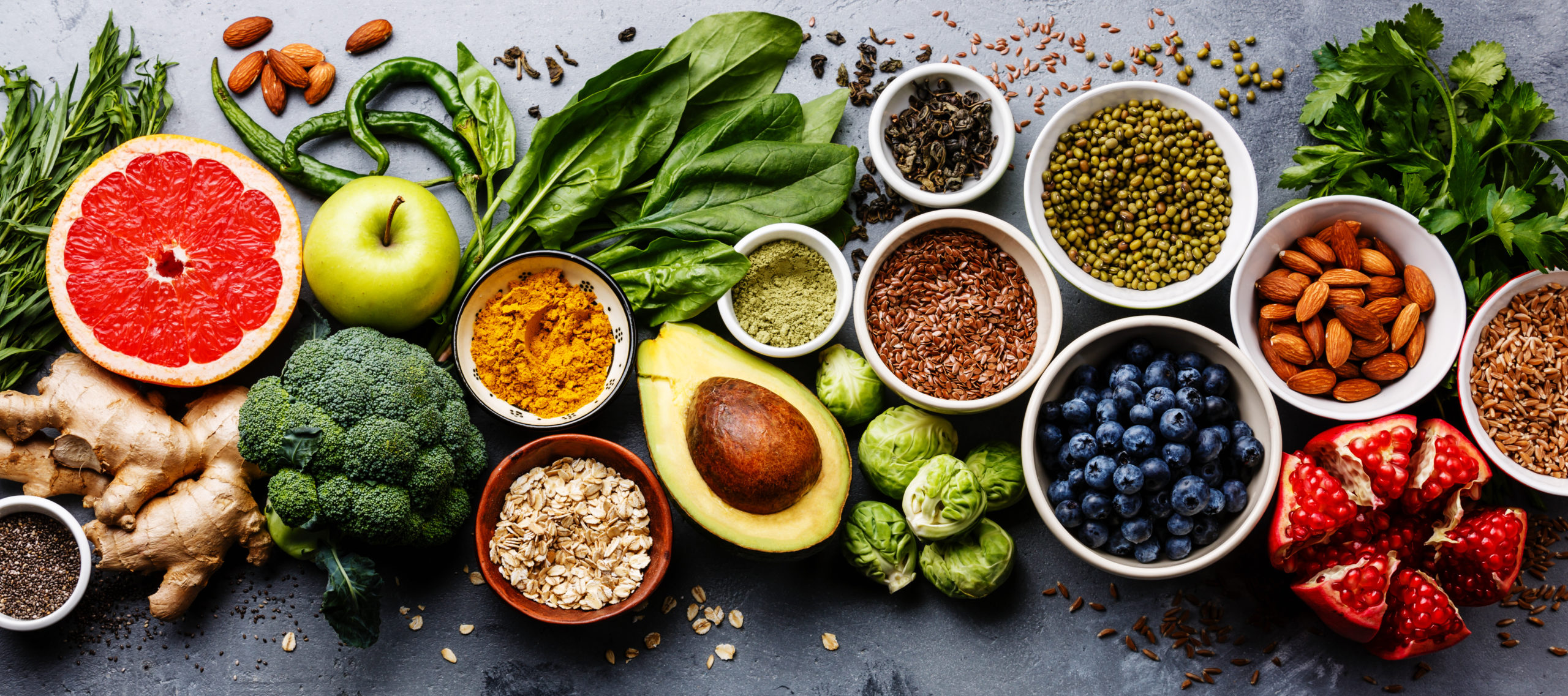As you get older, you may become less concerned with having six-pack abs or toned legs. But eating healthy is still important nonetheless in this phase of life. This is because what you eat can impact the health of your body from the inside out. Not to mention, managing your weight and consuming enough nutrients like calcium can impact mobility.
If your bones or muscles are weak, then it may be harder for you to complete daily tasks. You may then have to depend on others for help and not be able to enjoy life as much as you would like. Therefore, read below for tips on how to improve the health of your diet so you can enjoy your best life during your golden years.
What is eating healthy?
Depending on who you talk to, eating healthy can mean something a bit different for everyone. In general, though, eating healthy is when you consume enough nutrients daily for your body to function at its best. This type of diet would be balanced with the three macronutrients: fat, carbohydrate, and protein. It would also include plenty of gut-healthy fiber and antioxidants from fruits, vegetables, and other plant-based foods.
What does a balanced diet look like?
A balanced diet contains plenty of fruits and vegetables as well as protein-rich foods like beef, chicken, seafood, or beans. It also has some healthy fats like avocado, nuts, seeds, fatty fish like salmon, or plant-based oils. Depending on your health status, you may need different amounts of each nutrient than your neighbor.
What nutrients are most important for seniors?
Seniors require special nutrient needs than other adults. According to the Academy of Nutrition and Dietetics, such vital nutrients for seniors include (1,2,3,4):
- Calcium: Older adults need more calcium to maintain healthy bones. Calcium is found in milk and milk products, fortified plant-based milks and cereals, as well as dark, green leafy vegetables. Such leafy greens include spinach, kale, and broccoli.
- Vitamin D: Calcium needs vitamin D to fully aid bone health. This is because vitamin D helps the body absorb calcium. You can get vitamin D from exposing your skin to the sunlight each day, taking a supplement of about 600 IU daily, or eating vitamin D rich foods. Such foods include egg yolks, saltwater fish like tuna, liver, and fortified milk. You may need to take more vitamin D if you have low levels in your blood. Be sure to have your doctor check your vitamin D levels each year.
- Vitamin B12: Older adults are at higher risk than other adults of being low in vitamin B12 since their body has more trouble absorbing it. Low levels of vitamin B12 can lead to red blood cell health, which can lead to a condition known as megaloblastic anemia. This condition can make a person very tired and can also cause shortness of breath, muscle weakness, nausea, and loss of appetite. You can consume B12 in animal products like beef, poultry, seafood, pork, eggs, and dairy products as well as fortified cereals.
- Fiber: Older adults need fiber, just like all adults do, to maintain gut health and heart health. You can find fiber in fruits, vegetables, whole grains like rice, breads, and pasta, as well as beans and lentils. Most adults need about 25 to 30 grams of fiber each day for their best health.
- Potassium: Eating plenty of potassium in the diet, about 3500 milligrams daily, can help lower one’s risk of high blood pressure. You can find potassium in foods like fruits, vegetables, and beans.
Can I take a dietary supplement instead of eating food with these nutrients?
You can certainly take a dietary supplement instead of eating nutrient-rich foods. However, you would miss out on the diverse array of health benefits in whole foods. Therefore, it’s important to just take those nutrients in supplement form that you feel you cannot eat enough of in your daily diet. A multivitamin made just for seniors could be the right fit for you.
But make sure to eat plenty of the foods listed above to reap the benefits of whole food intake. Rich protein sources like milk, yogurt, and plant-based milks can provide not only calcium, but also protein. And eating a rainbow of brightly colored vegetables and fruits each day
How do I start eating healthier today?
If you’re not sure where to start when it comes to eating healthier, meeting with a registered dietitian can help. This type of healthcare professional is trained to help you look at your current eating plan and health needs and figure out where you can improve.
They can help you plan easy to prepare meals that contain all the nutrients you need to be your healthiest. You can call your insurance provider to see if dietitian services are covered under your medical plan.
References:
- Wolfram, MS, RDN, LDN (May 23, 2018) “Special Nutrient Needs of Older Adults.” Academy of Nutrition and Dietetics,
- NIH Osteoporosis and Related Bone Diseases National Resource Center (last reviewed October 2018) “Calcium and Vitamin D: Important at Every Age.” https://www.bones.nih.gov/health-info/bone/bone-health/nutrition/calcium-and-vitamin-d-important-every-age
- Stover, P.J. (January, 2010) “Vitamin B12 and older adults.” Curr Opin Clin Nutr Metab Care, 13(1):24-7.
- Diane Fager, RD (October, 2018) “Menus for Assisted Living Facilities”
https://www.grovemenus.com/menus-for-assisted-living-facilities - UCSF Health (accessed March 9, 2020) “Increasing Fiber Intake.” https://www.ucsfhealth.org/education/increasing-fiber-intake





